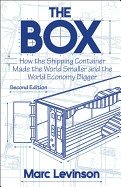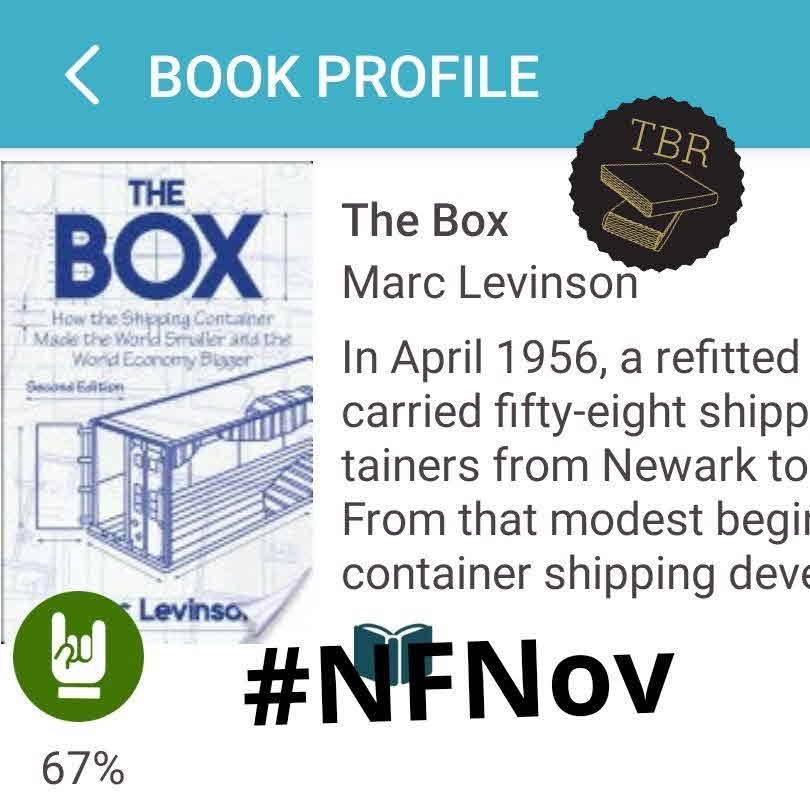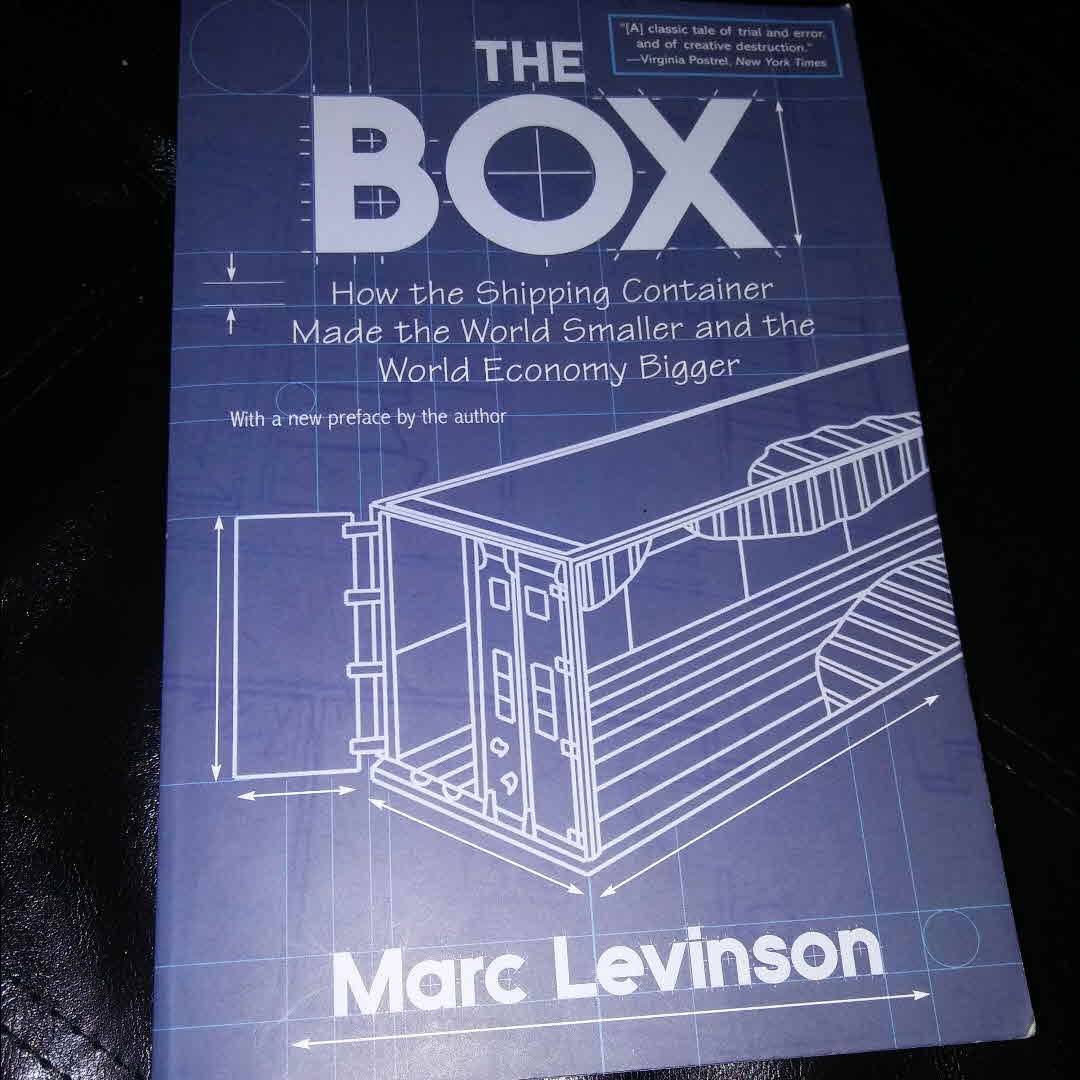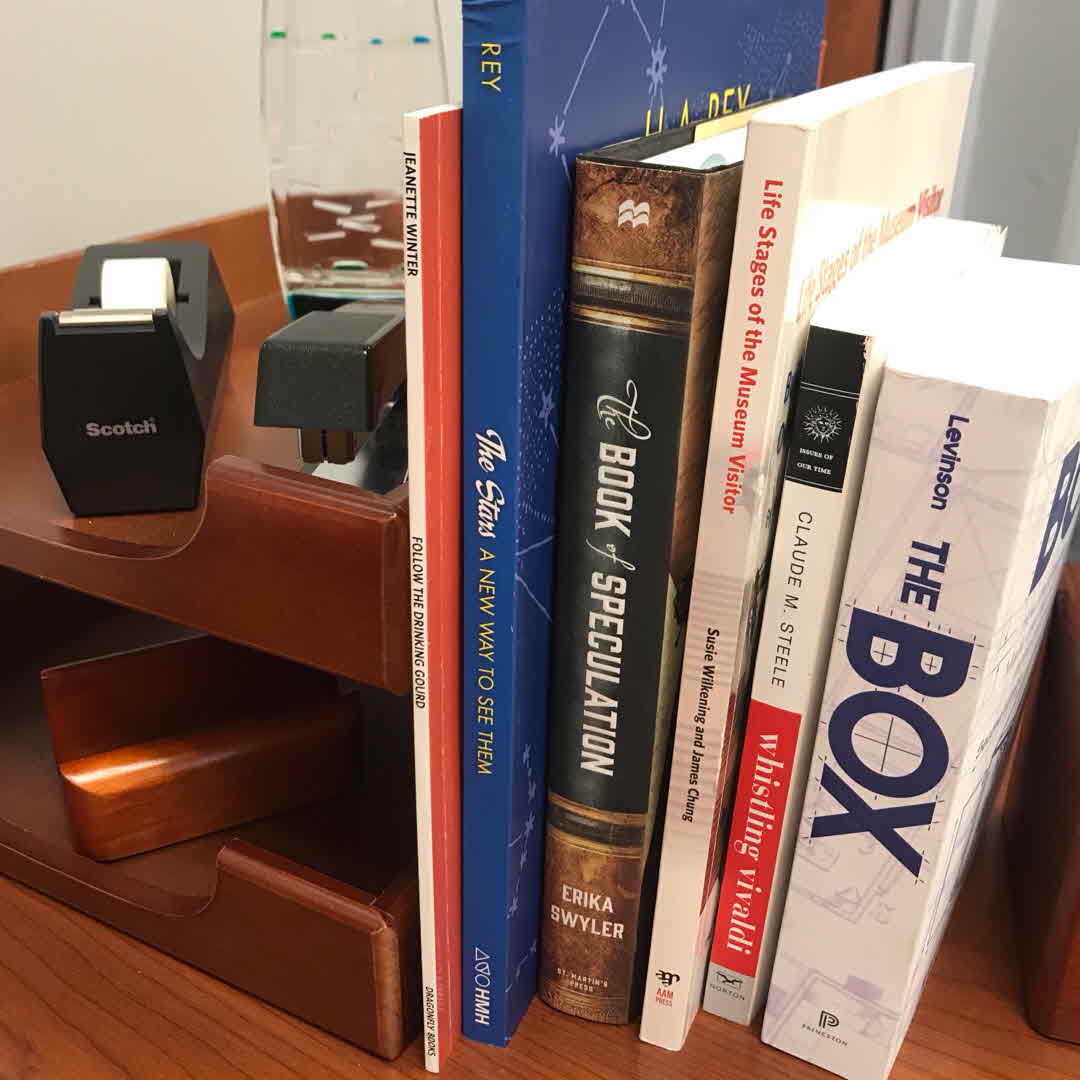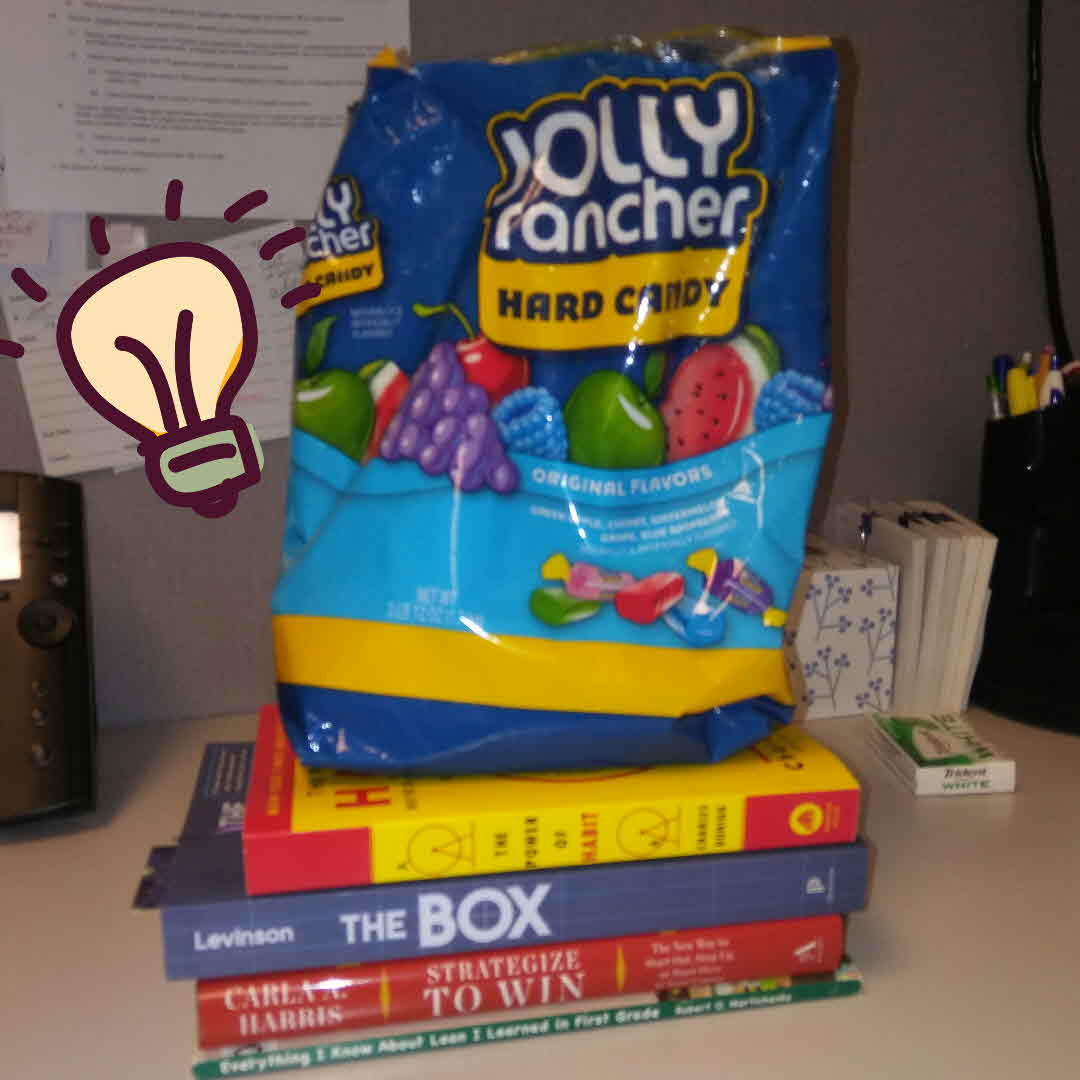
Thanks for the tag @Buechersuechtling
#WondrousWednesday
@Eggs
1. This is pretty shallow, but I like jewelry.
2. Basically everyone in my family reads. And it was the only thing teachers ever found that could get me to sit still and not talk.
3. I like that it's different every day. And I get to do math. But I'm currently unemployed due to covid. If any of you need someone that's good at logistics let me know. 😂











